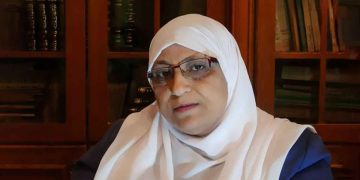In yet another tragic consequence of the ongoing siege imposed on the Gaza Strip, a three-year-old Palestinian girl named Razan has died from acute malnutrition and dehydration. Her death highlights the devastating impact of Israel’s continued blockade and the systematic denial of humanitarian aid to over two million civilians.
According to medical staff at Al-Aqsa Hospital in Deir al-Balah, Razan was brought in suffering from severe emaciation, unable to stand or speak. Her body had grown dangerously weak due to months of deprivation, and she passed away shortly after admission, despite attempts to stabilise her condition.
Doctors confirm that her death was not the result of any underlying illness, but rather the cumulative effects of hunger, dehydration, and prolonged exposure to unsanitary living conditions — all of which are symptoms of a deliberate policy of collective punishment.
This heartbreaking case is far from isolated. The UN and international aid agencies have warned repeatedly that famine is looming in Gaza, with thousands of children at risk of dying from preventable causes due to lack of food, clean water, and basic healthcare.
The death of Razan comes amid a tightening of the Israeli blockade, which has crippled access to humanitarian corridors and severely limited the flow of essential supplies. Families are forced to rely on unsafe water sources, skip meals for days, and watch their children waste away with no access to life-saving treatment.
The use of starvation as a method of warfare is strictly prohibited under international humanitarian law. Denying civilians access to food and medical care amounts to a war crime and must be met with international accountability.
Razan’s death is a stark reminder that behind every statistic is a name, a family, and a future lost. As world leaders remain silent, Gaza’s children are paying the price — not for something they did, but for who they are and where they were born.


























